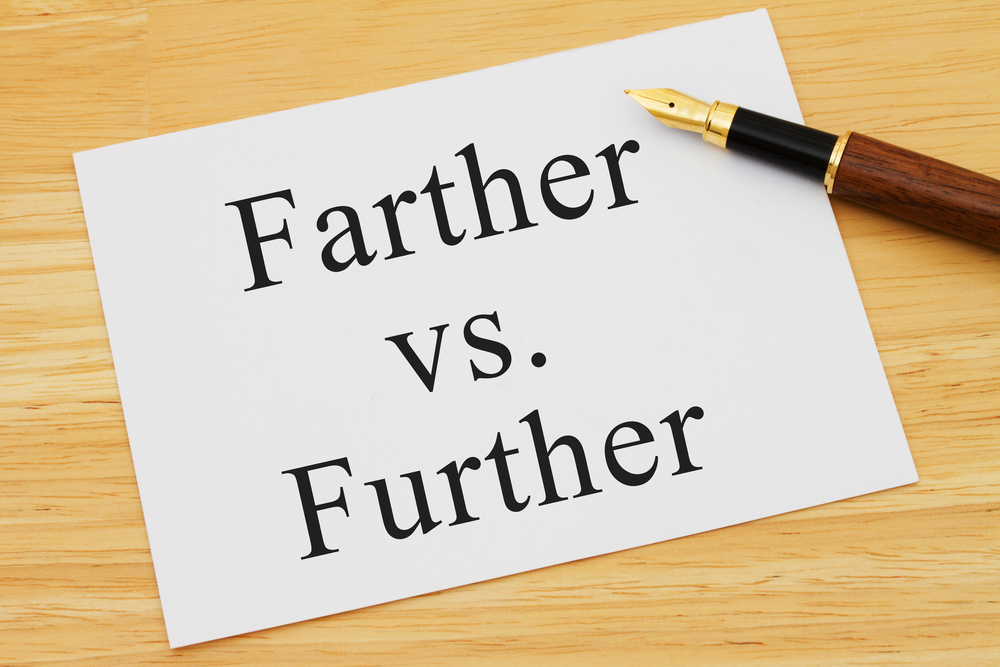How to Identify a Compound Sentence
A compound sentence is a sentence with two or more independent clauses. An independent clause can stand alone as its own sentence. Example: We launched our newest residential living experience, and prospective residents immediately began streaming in through our doors. You could separate the above sentence into two: We launched our newest residential living experience. [...]










